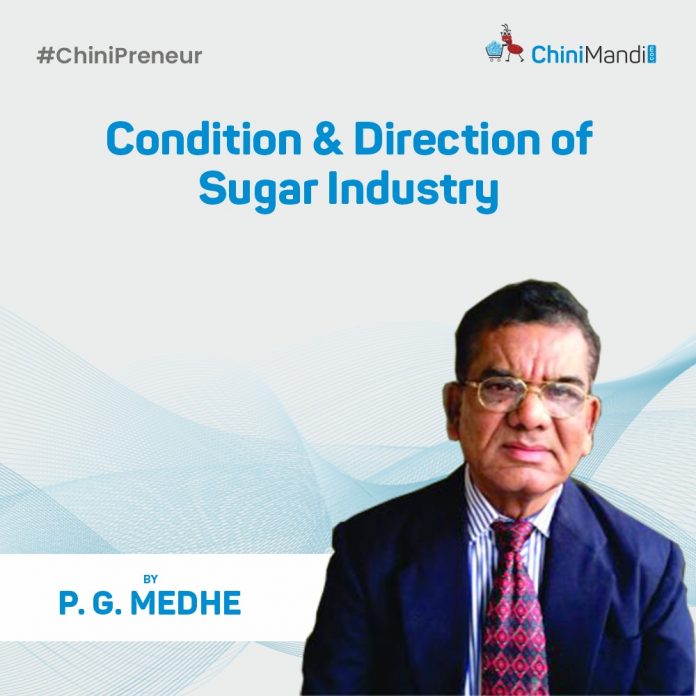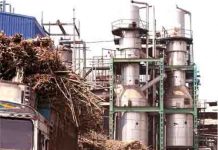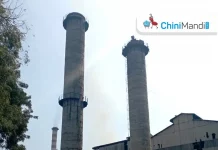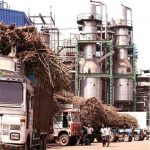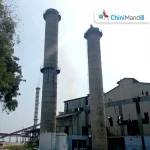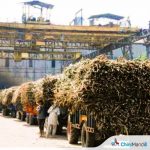The system of providing advance payments to sugarcane harvesting laborers and Mukadamas (labor contractors) has been a longstanding practice in the industry. While originally intended to secure labor availability and provide financial support before the harvest season, this system has led to numerous inefficiencies, financial dependencies, and exploitative conditions. It often traps workers in cycles of debt, creates administrative burdens for employers, and distorts labor dynamics. This article explores the reasons for abolishing the advance payment system, highlighting its drawbacks and proposing more sustainable and equitable alternatives to ensure fair compensation and smooth operations in the sugarcane harvesting sector.
NEED FOR URGENT REFORM –
Eliminating the Advance Payment System for Sugarcane Harvesting Labourers and Mukadamas in Maharashtra & Karnataka. The ongoing system of advance payments to sugarcane harvesting labourers and Mukadamas in Maharashtra and Karnataka has become an unsustainable and deeply flawed practice. While this system was initially introduced to ensure a steady workforce for the next harvesting season, it has now evolved into a cycle of financial mismanagement, fraud, and losses for sugar factories, transporters, and other stakeholders.
THE CORE ISSUES WITH THE ADVANCE PAYMENT SYSTEM –
Massive Outstanding Dues: Crores of rupees are disbursed as advances each year, yet a significant portion remains unpaid. Factories struggle to recover these amounts, leading to financial strain. Since no collateral or security is pledged against these advances, factories bear the entire risk.
Burden on Sugar Factories & Transporters: Sugar mills face liquidity issues as large sums are locked in unrecoverable advances. Truck and tractor owners, who transport harvested cane, also suffer due to non-payment by labourers and Mukadamas, creating financial bottlenecks in the supply chain.
Encouraging Financial Irresponsibility Among Labourers: Instead of utilising earnings for essential needs, many labourers tend to spend advance payments recklessly during the off-season. This leads to financial distress during actual harvesting months, creating further demands for additional advances.
No Similar Practice in Gujarat: In Gujarat, no such advance payment system exists, yet the sugar industry operates smoothly. Labourers are paid based on work done, ensuring financial discipline while protecting factories from unnecessary credit exposure.
A CALL FOR IMMEDIATE CHANGE –
To protect the interests of sugar factories, transporters, and the labour force itself, Sakhare Sangh, WISMA, and SISMA must take a unanimous stand to abolish the advance payment system across Maharashtra and Karnataka. The following new approach is recommended:
SHIFT TO PERFORMANCE-BASED PAYMENT MODEL-
Payments should be made to labourers every ten days for the actual work completed.This aligns with the salary disbursement system of factory employees, ensuring financial stability and timely earnings for labourers.
Support from State Authorities: Both the Maharashtra and Karnataka Sugar Commissionerates should actively support this transition by issuing necessary regulations.Guidelines should be enforced to prevent any factory from bypassing the system and offering advances.
LONG-TERM BENEFITS OF THE NEW SYSTEM –
Sugar factories and transporters will no longer struggle with outstanding dues.
Labourers will develop better financial discipline by receiving regular payments rather than lump-sum advances. The entire supply chain, from harvesting to transportation, will function more efficiently without financial disruptions.
Time for Industry-Wide Reform : The current advance payment system has outlived its purpose and is now causing more harm than good. It is imperative for all sugar industry stakeholders in Maharashtra and Karnataka to unite and put an end to this flawed practice. By shifting to a structured payment model based on actual work done, the industry can ensure financial stability for both the factories and the workforce. This reform is not just necessary—it is long overdue.
KEY POINTS FOR STRICT EXECUTION OF THIS NEW REFORM –
1. Strict Implementation & Industry-Wide Consensus –
Unified Decision by Sugar Industry Bodies: Sakhare Sangh, WISMA, and SISMA must take a joint resolution stating that no sugar factory will provide advances under any circumstances.Factories that violate this decision should be blacklisted or penalized by industry associations to prevent unfair competition.
Involvement of Sugar Commissionerates: The Maharashtra and Karnataka Sugar Commissionerates should officially issue circulars prohibiting advance payments. Government support is crucial to ensure that all factories follow the same rule, preventing exceptions that could destabilize the new system.
2. Legal and Administrative Framework-
Legal Agreements for Labour Hiring: Factories should sign legally binding contracts with Mukadamas (labour contractors) specifying that payments will be made only for work done. Any Mukadama found engaging in fraudulent practices (such as taking advances and disappearing) should face legal action.
Registration of Mukadamas & Labourers: A state-wide digital database should be created for registered Mukadamas and labourers, ensuring transparency. This will help track work history, prevent fraud, and enable smooth payments without dependency on a single contractor.
3. Financial Discipline & Payment Mechanism –
Direct Bank Transfers to Labourers: Payments should be made directly to the labourers’ bank accounts every 10 days to eliminate middlemen and prevent corruption. Sugar Commissionerates can coordinate with banks to facilitate zero-balance accounts for labourers, ensuring smooth transactions.
Mukadamas to be Treated as Service Providers, Not Loan Takers: Mukadamas should be considered as service providers who get paid based on the number of labourers supplied and work done.They should be held accountable for ensuring labour availability without relying on advances.
4. Preventing Off-Season Financial Distress for Labourers –
Encouraging Savings & Financial Planning: Sugar industry bodies, along with the government, should organize financial literacy programs to educate labourers on saving and managing earnings. Factory cooperatives or banks can introduce voluntary savings schemes, allowing labourers to save part of their earnings for off-season expenses.
Employment During the Off-Season: Sugar mills can collaborate with local industries or the government to provide alternative employment opportunities for labourers during non-harvesting months. This will reduce their dependency on advances and ensure year-round financial stability.
5. Communication & Awareness Campaign –
Clear Communication to Labourers & Mukadamas: Before implementation, sugar factories must conduct awareness meetings with Mukadamas and labour groups to explain the new system. Inform labourers that they will receive regular and assured payments instead of lump-sum advances, making their earnings more secure.
Strict Monitoring & Grievance Redressal: A monitoring committee should be formed to oversee implementation and address any issues faced by factories or labourers. A grievance redressal mechanism should be set up where labourers can report non-payment issues, ensuring accountability.
A Stronger, More Sustainable Sugar Industry – By implementing these measures, the sugar industry in Maharashtra and Karnataka can eliminate financial losses, improve workforce management, and ensure fair and transparent payment systems. This reform is not just about stopping advances; it is about creating a structured and sustainable ecosystem where factories, transporters, and labourers all benefit.
P.G. Medhe is the former Managing Director of Shri Chhatrapati Rajaram Sahakari Sakhar Karkhana Ltd and sugar industry analyst. He can be contacted at +91 9822329898.

